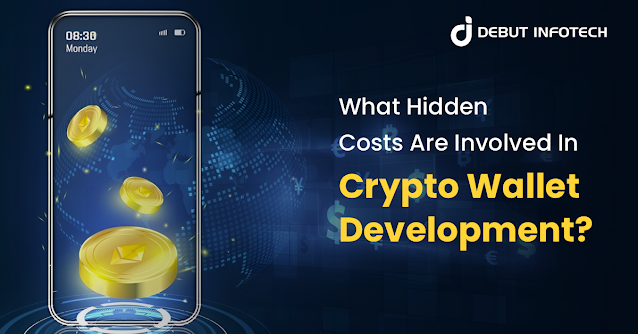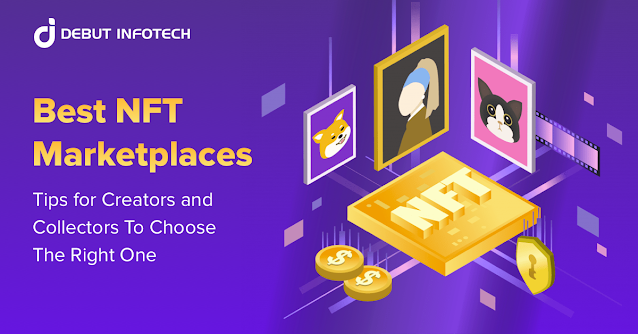Blockchain: The Trust Machine
Before we go into the specifics, let's understand what makes blockchain tick. It's a decentralized ledger that records transactions across a network of computers. Unlike traditional centralized systems, it operates on trustless principles—no single entity holds all the power. All participants validate and record transactions, ensuring transparency and security.
Let’s have a look at some of the advantages offered by blockchain technology in pharma :
1. End-to-End Traceability: From factory floors to patients' hands, every move is recorded leaving no scope for counterfeit drugs. 2. Enhanced Security: Blockchain's cryptographic armor ensures data remains inviolable. 3. Transparency and Accountability: Every player in the supply chain becomes an auditor. Compliance and trust are on the rise. 4. Efficiency Gains: Smart contracts automate the process, slashing administrative clutter, and boosting speed. 5. Regulatory Compliance: Regulators love the blockchain's immutable records. Real-time data access ensures industry standards are met. 6. Data Security and Privacy: Blockchain employs advanced cryptographic techniques to secure data, protecting it from breaches and unauthorized access. Data on the blockchain is highly secure, enhancing data privacy and integrity. 7. Global Collaboration: Borders become irrelevant. Blockchain supports international teamwork for timely deliveries worldwide.
Cost vs. Benefit
Blockchain comes with upfront costs, but the long-term gains outweigh them. Studies suggest savings of up to $100 billion!
Data Governance Rules
Clear data governance rules are blockchain's silent guardians. They ensure only authorized personnel access and modify data, safeguarding integrity.
Blockchain & COVID-19 Vaccines
COVID-19 showed the importance of robust vaccine supply chains. Blockchain brings real-time tracking and secure handling to the table that implies “Access to vaccines for all!”.
Blockchain in Action
The pharmaceutical supply chain is experiencing the real-world implications of blockchain, and these standout examples illustrate its immediate impact.
1. IBM's Transparent Supply: Real-time tracking, fewer counterfeit risks and ironclad compliance.
2. Walmart's MediLedger: Product authenticity checks, reduced counterfeit risks, and a more secure supply chain.
3. SAP's Pharma Blockchain: Transparency from start to finish. Control and safety are the new norms.
4. Chronicled's MediLedger Project: Tracking prescription drugs, keeping counterfeits at bay. Healthier supply chains for all.
5. FarmaTrust's Solution: Real-time tracking and verification for pharmaceuticals. Safety and efficiency, hand in hand.
The Future of Blockchain
1. Global Adoption: More companies will join the blockchain bandwagon. 2. Integration with Tech: Blockchain ties up with IoT and AI for even more efficiency. 3. Regulatory Acceptance: Regulators see the light, and clearer guidelines emerge. 4. Patient-Centric Healthcare: Patients take control of their medical records and decisions.
Blockchain's Impact on Drug Authentication
Each pharmaceutical product gets a unique digital identifier, thwarting counterfeit drugs.
1. Supply Chain Resilience in Times of Crisis: Blockchain helps maintain the flow of critical medications during crises. 2. Blockchain's Role in Data Security: The data is locked up securely, thereby preserving patient security. 3. Pharma Research and Development: Blockchain accelerates drug development by securely recording clinical trial data. 4. Circular Economy Initiatives: Blockchain tracks recyclable materials, promoting sustainable practices. 5. Pharma and Personalized Medicine: Blockchain securely manages patient data for personalized treatments.
Final Word
Blockchain powers a more secure, efficient, and patient-centric pharmaceutical supply chain. As blockchain evolves, its integration into the pharmaceutical industry deepens, ultimately benefiting patients and the industry as a whole. As the technology continues to evolve and mature, we can expect to see blockchain play an increasingly important role in shaping the future of healthcare.
Looking to revamp your Pharma Supply Chain?
Seeking Enterprise Blockchain Development Services ? At Debut Infotech, we don't just talk about blockchain's potential, we are committed to delivering real results. Our team of experts has a proven track record of successfully delivering end-to-end supply chain solutions for a diverse clientele, including governments, corporations, and individuals.
Why Choose Us?
With a wealth of experience, we've honed our skills in designing and implementing blockchain solutions that cater to a wide range of supply chain needs. We understand that every supply chain is unique. That's why we customize our blockchain solutions to meet your specific goals, whether it's enhancing transparency, building trust, enforcing ownership, or enabling traceability.
If you're ready to take your supply chain to the next level, Debut Infotech is your trusted enterprise blockchain development partner!
Don't miss out on the benefits of blockchain in your supply chain. Contact us today to know more.









